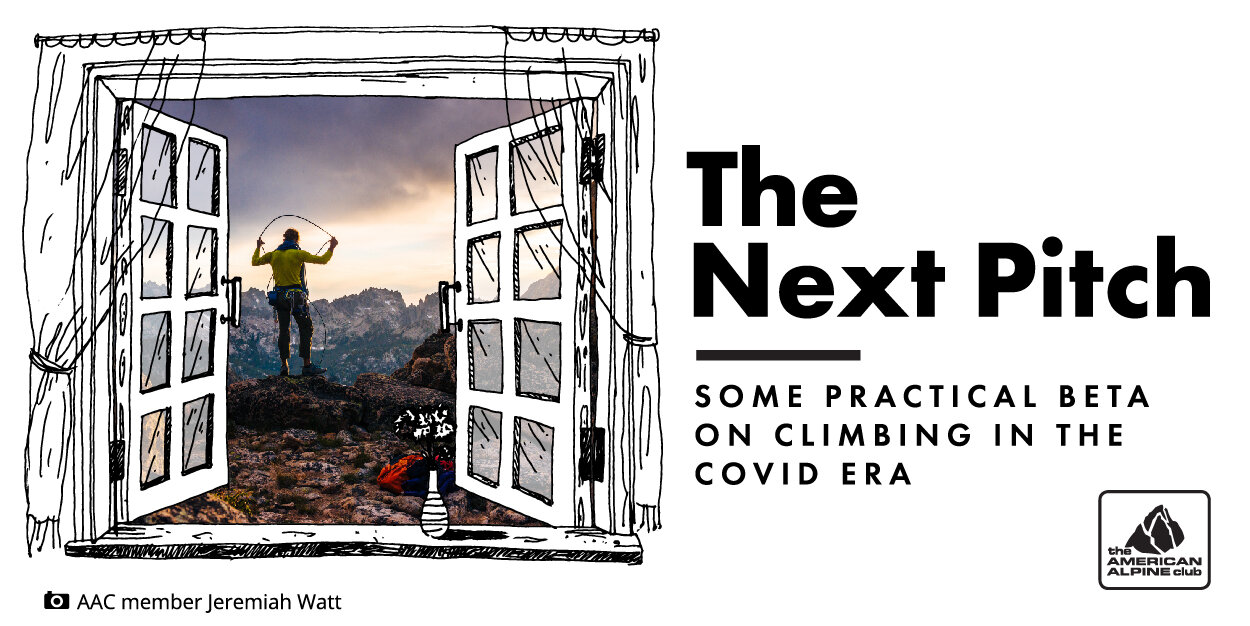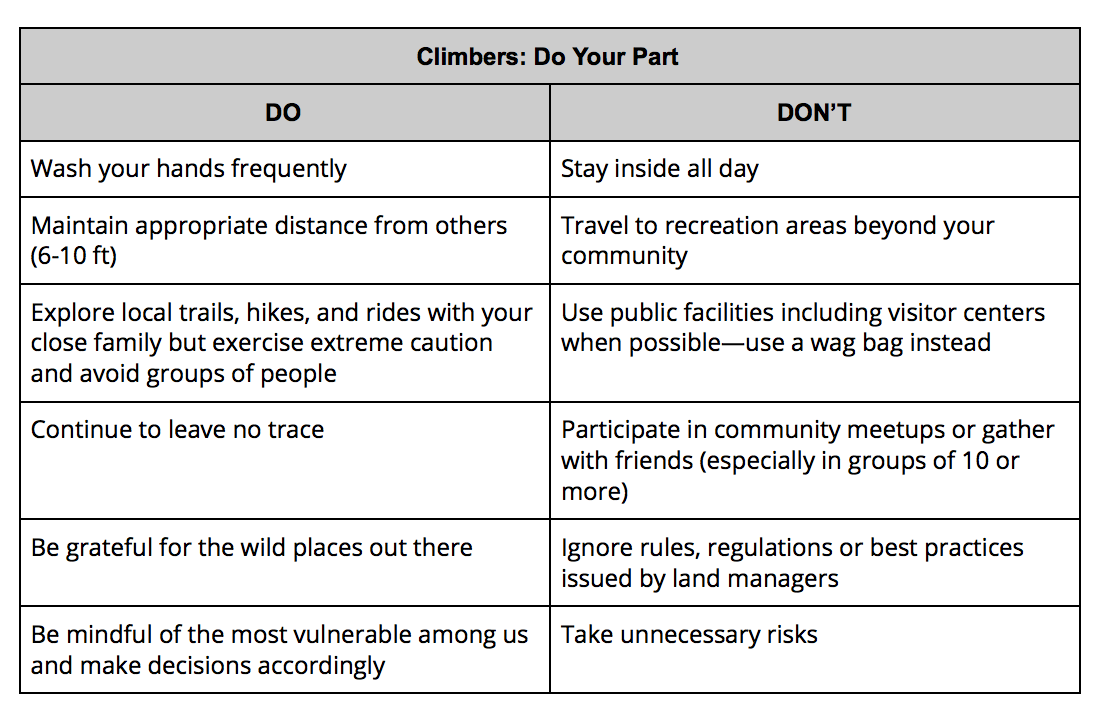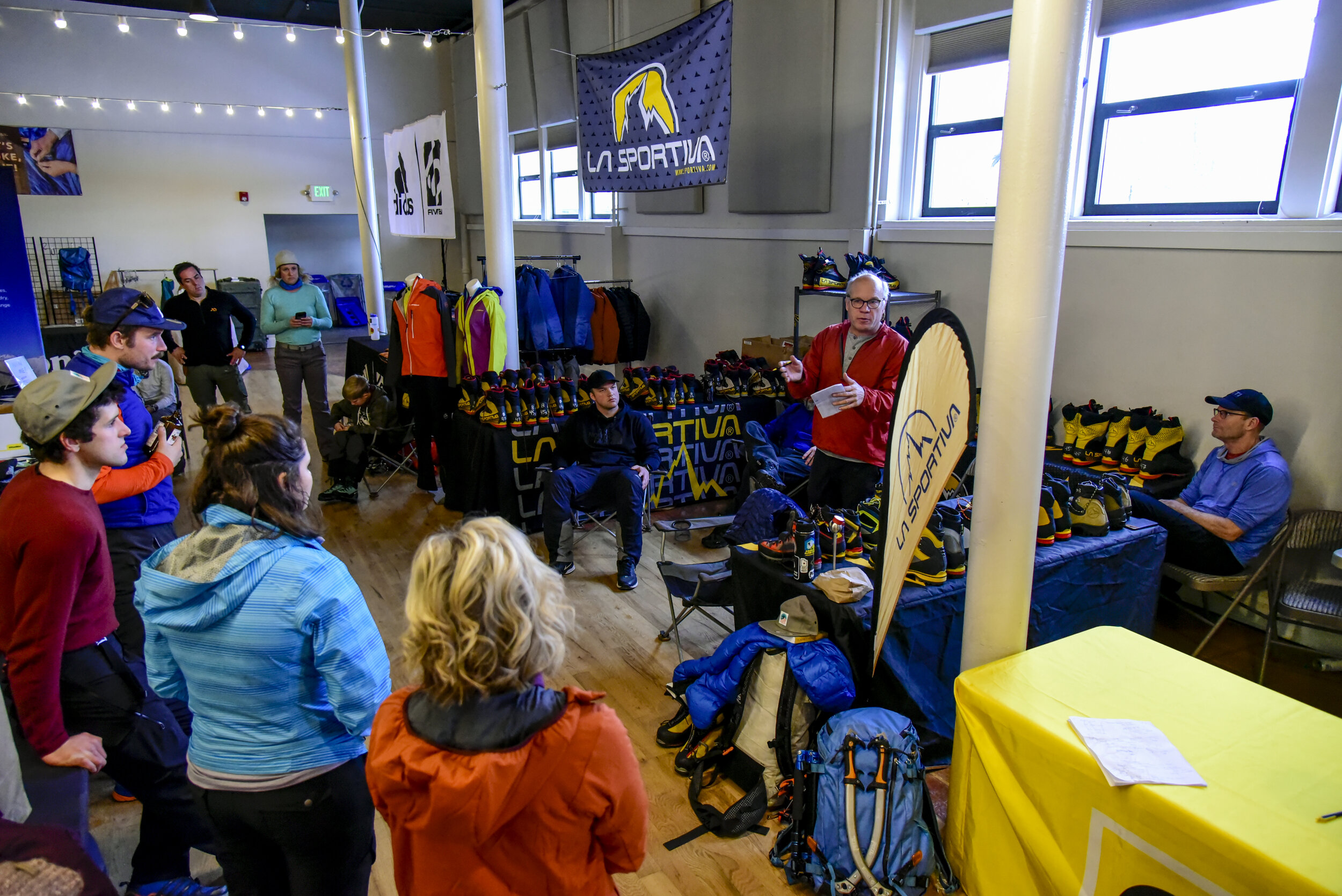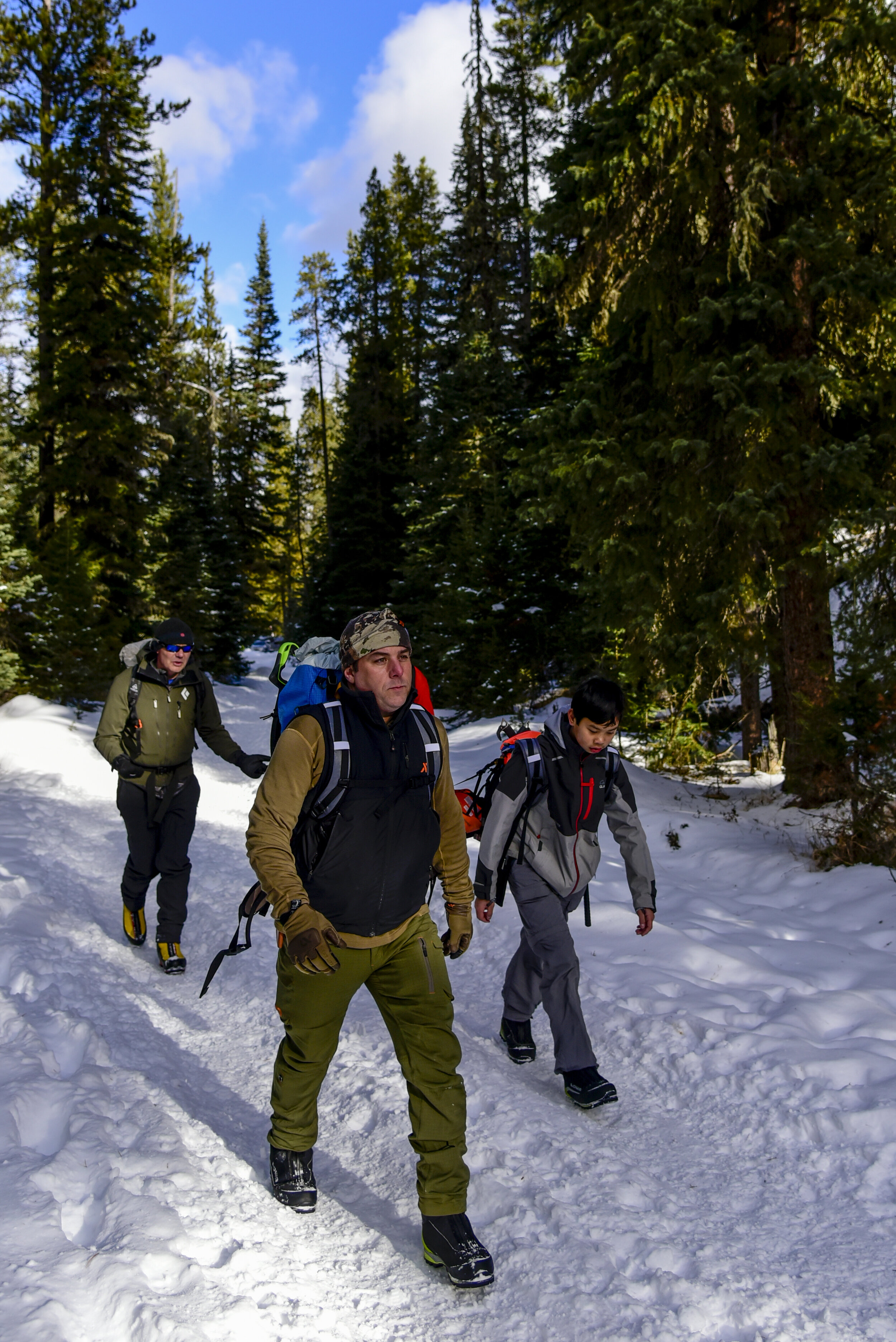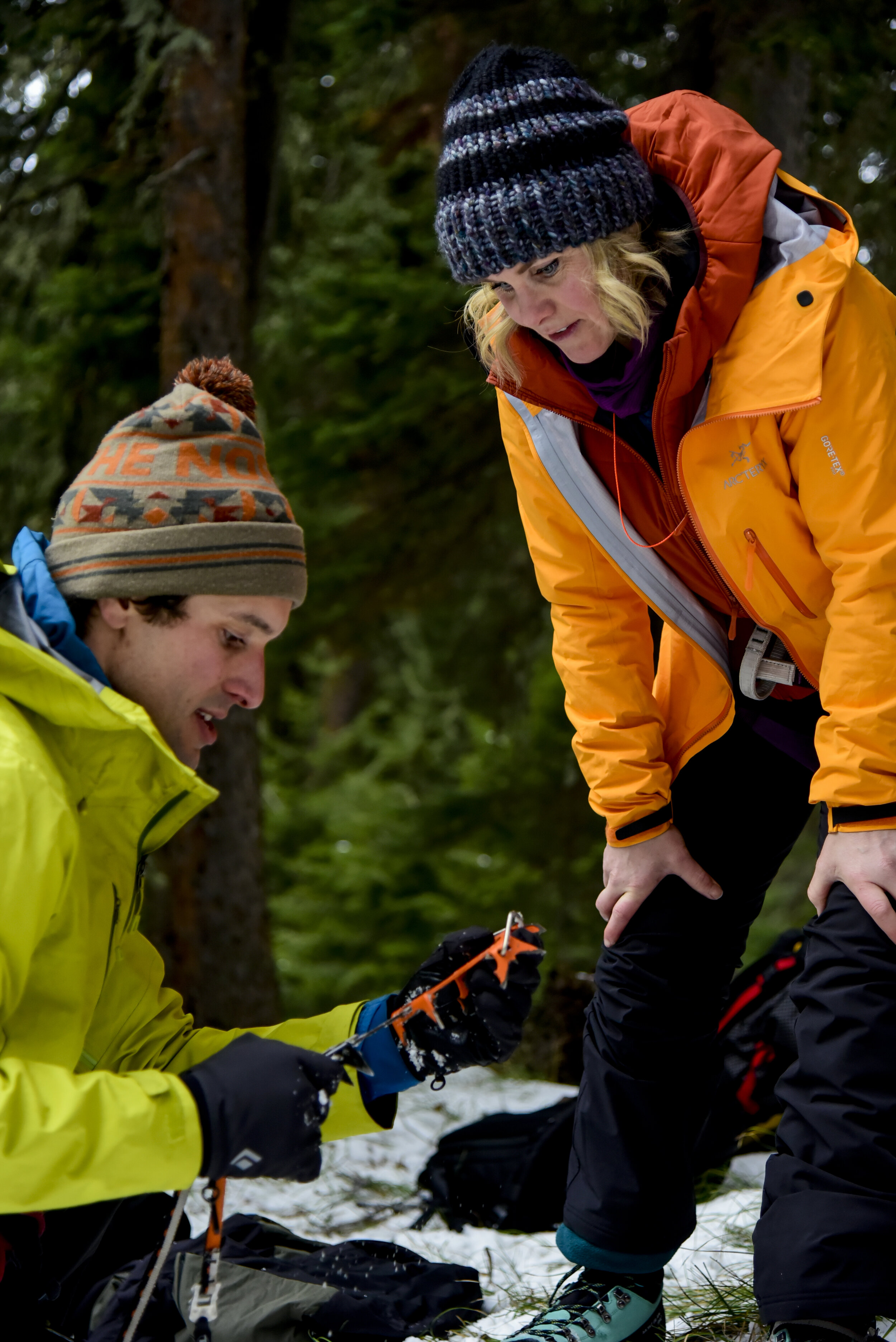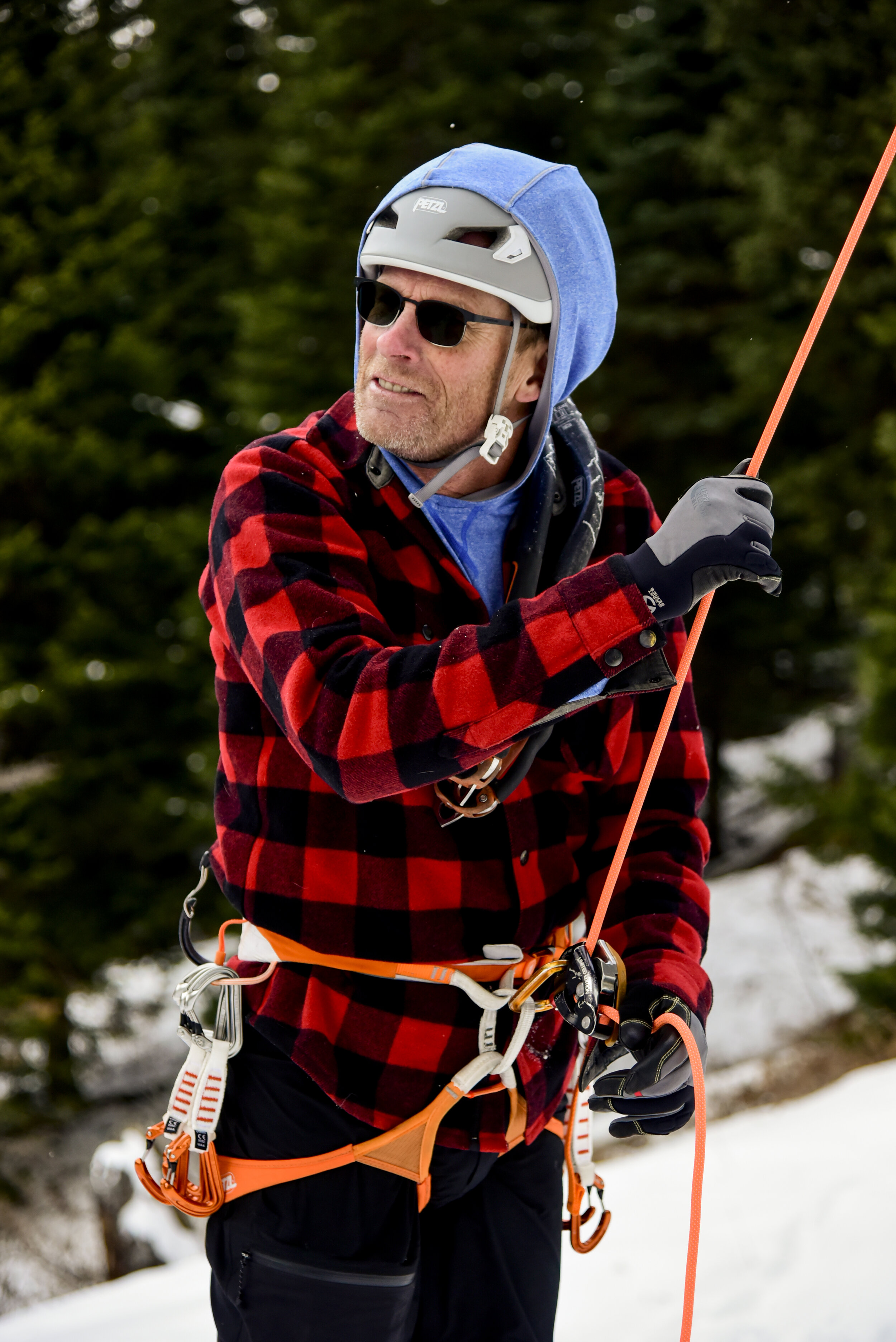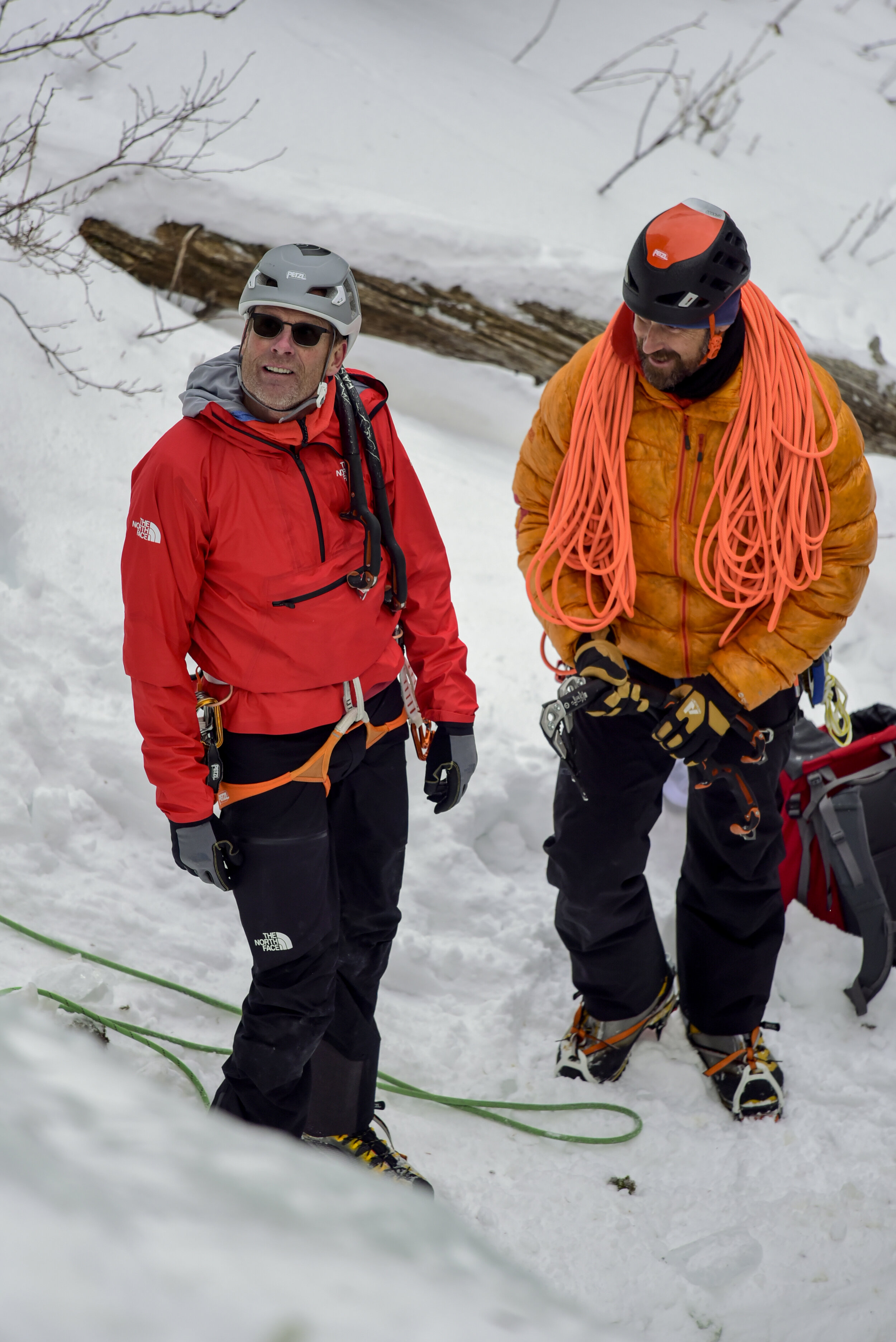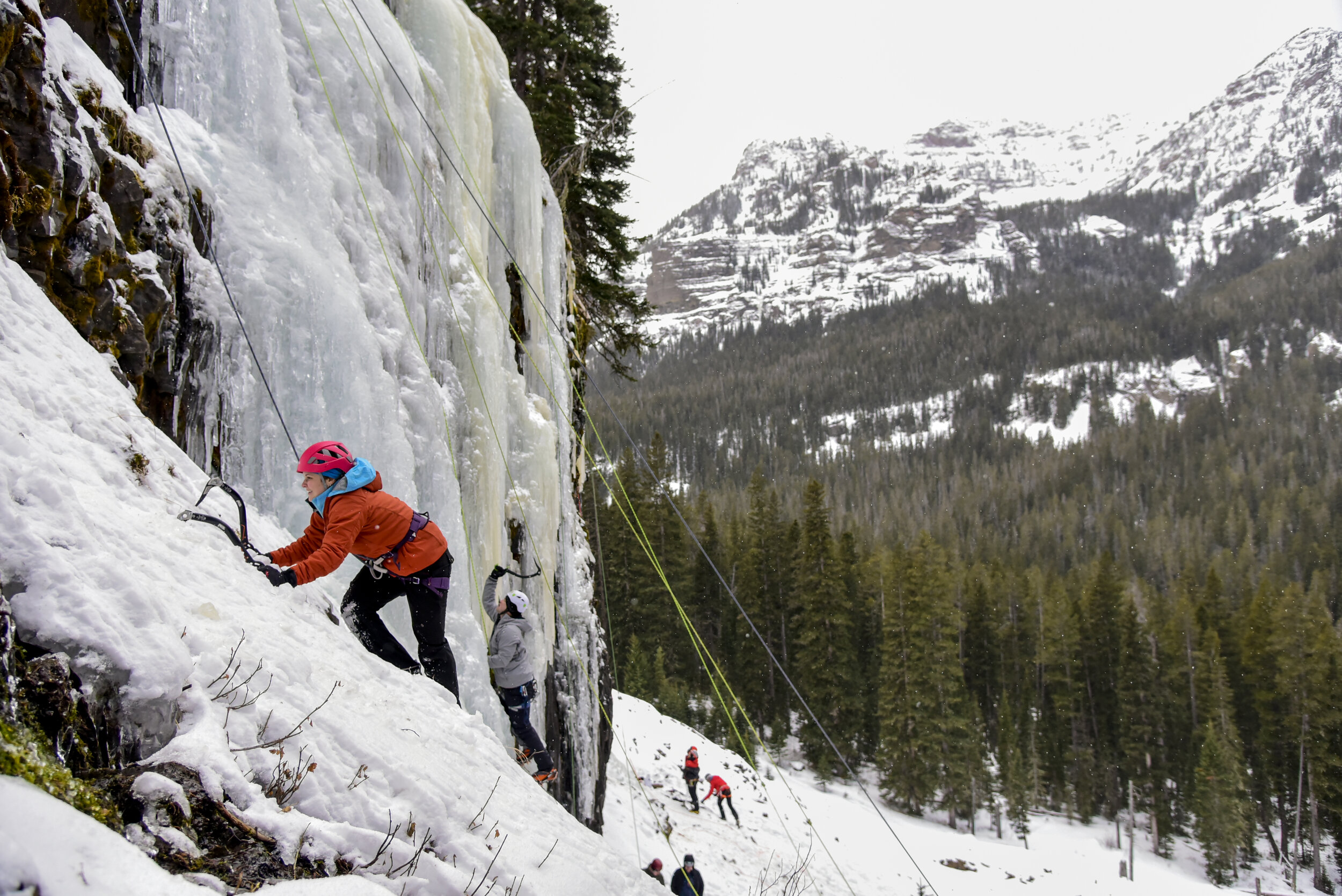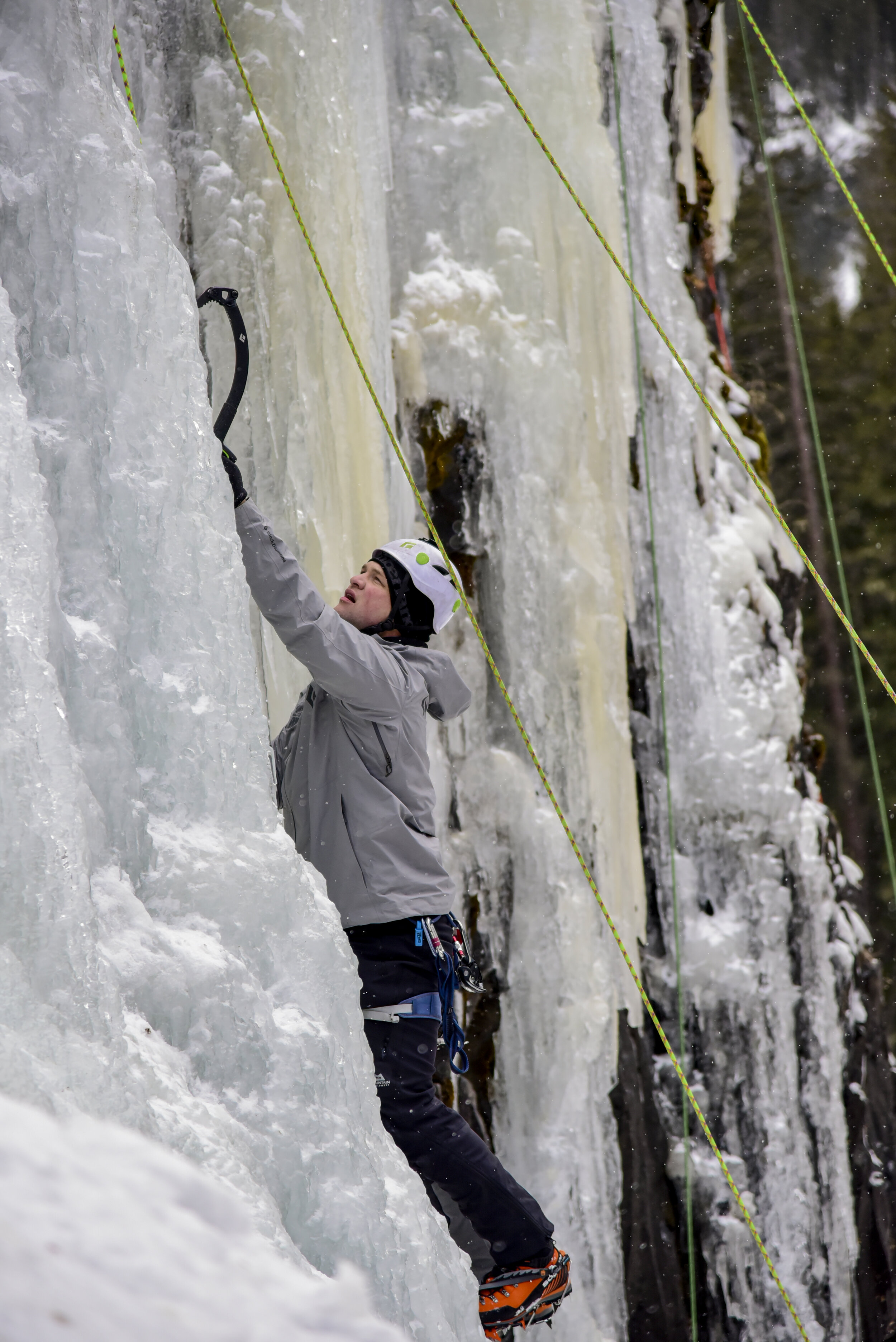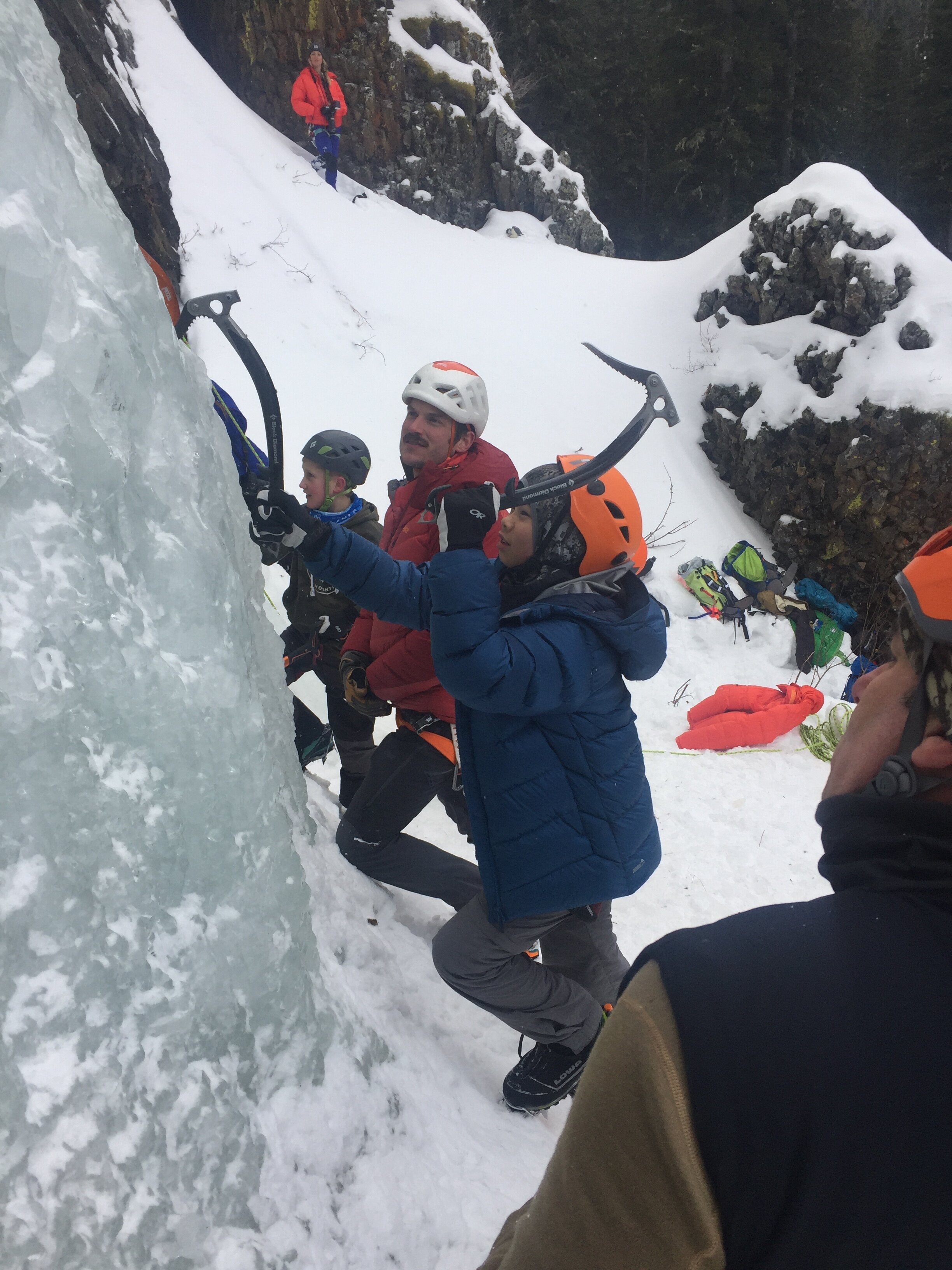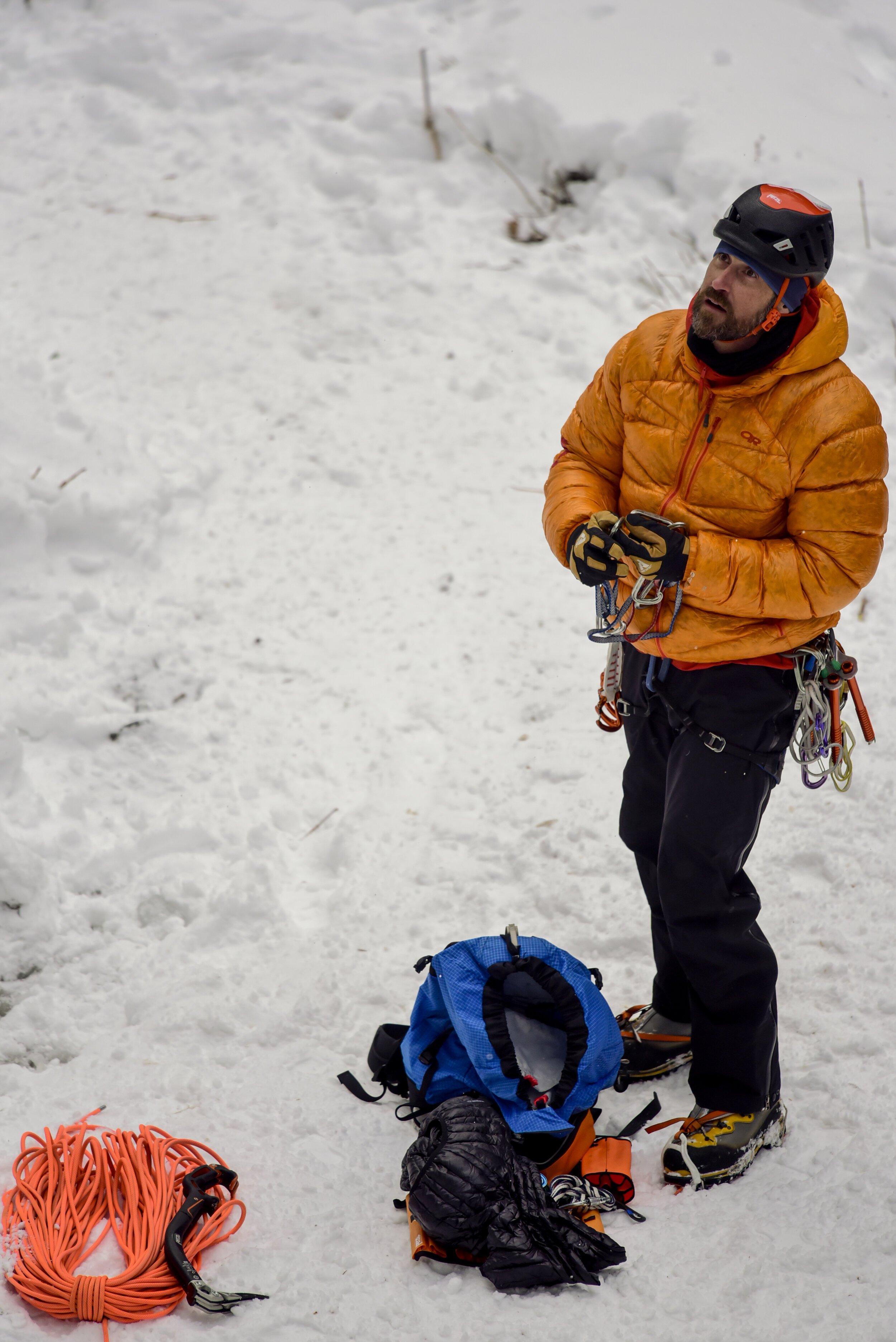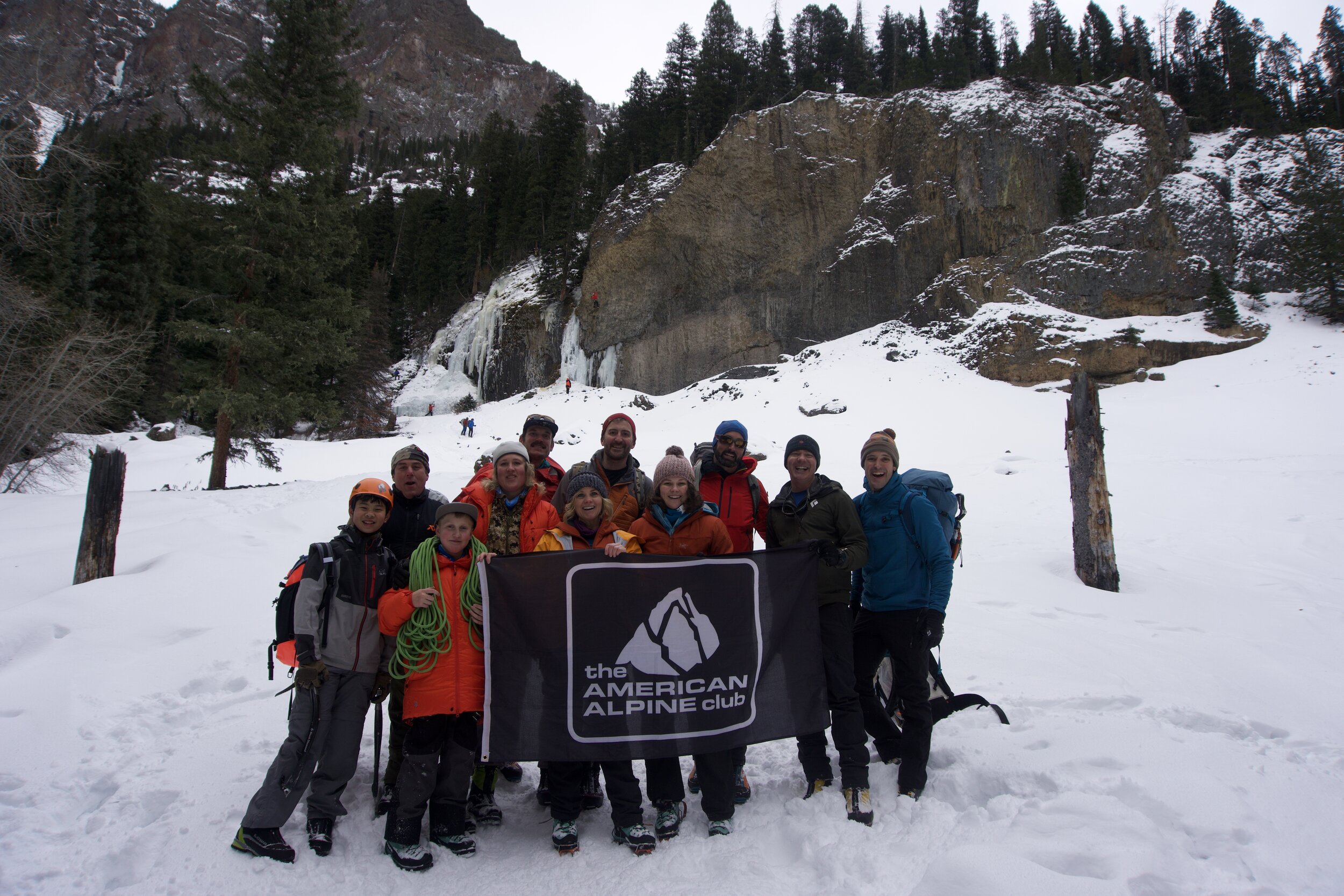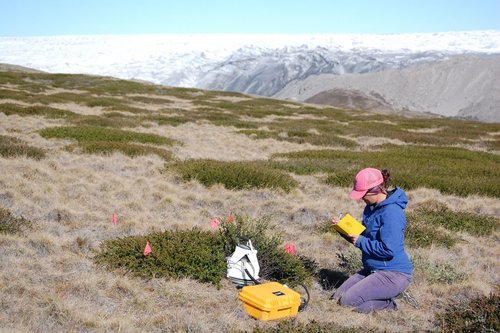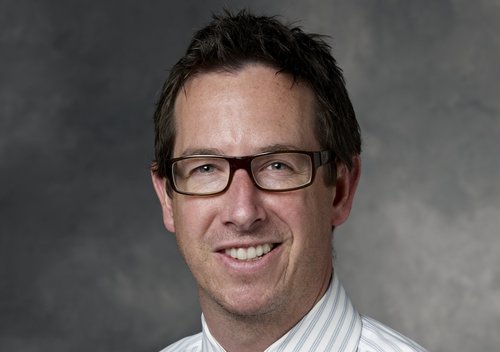Climbers across the country have set personal needs aside, cleared the crag out of concern for their community, and taken precautions to help "flatten the curve."
Thank you.
With the easing of shelter-in-place policies across the country, restrictions on access to crags are beginning to change. Deciding whether it’s appropriate to head back out to your local crag will be an important and localized decision. To help, we want to offer a set of guiding principles on when and how to re-rack for the next pitch.
Dear Friends,
The COVID-19 pandemic is unprecedented and impacts us all. Our community must act thoughtfully to “flatten the curve” to reduce transmissions of the virus over time.
We are concerned about transmission of COVID-19 to rural or gateway communities. These remote towns often have limited access to medical facilities and their closely-knit, interconnected social structures are more prone to the spread of infection.
Please keep places like Bishop, Fayetteville, Moab, Springdale, and Slade as safe as possible by limiting recreation-based travel at this time. If you have a trip planned, please reschedule until we are through this health emergency. This is not the time to head to the desert or rally to your favorite national park for “social distancing.” While outdoor time is necessary for each of us during this turbulent period, we need to stay local and limit our interaction with vulnerable communities.
Consider also keeping outdoor objectives conservative to reduce the load on the medical system. Backcountry emergencies contribute to overloading hospitals and potential shortages of ventilators in intensive care units. As always, be safe out there and mindful of unnecessary risks.
Finally, we all should follow the directions outlined in the CDC’s guide on how to keep yourself and others safe from the virus. It’s necessary that we as a climbing community make decisions from the perspective of the most vulnerable people in our community.
The AAC is certain that the climbing community can be a part of the solution to COVID-19 by taking collective action now.
Respectfully,
Your Club
PS—Learn about updates to our lodging facilities in light of COVID-19.

